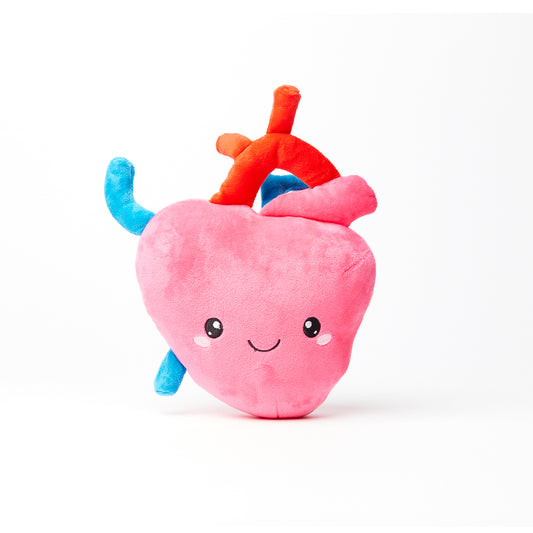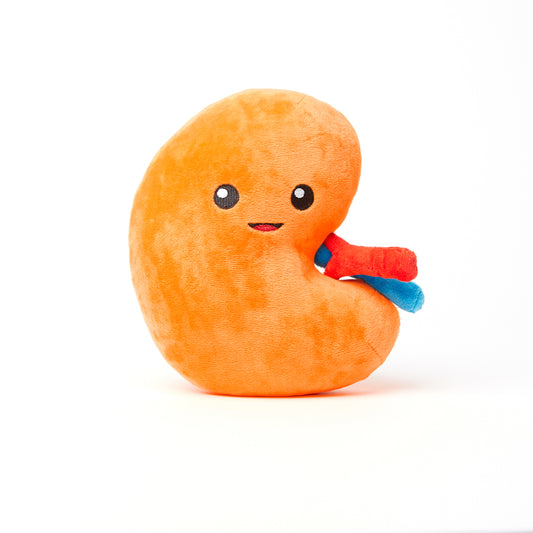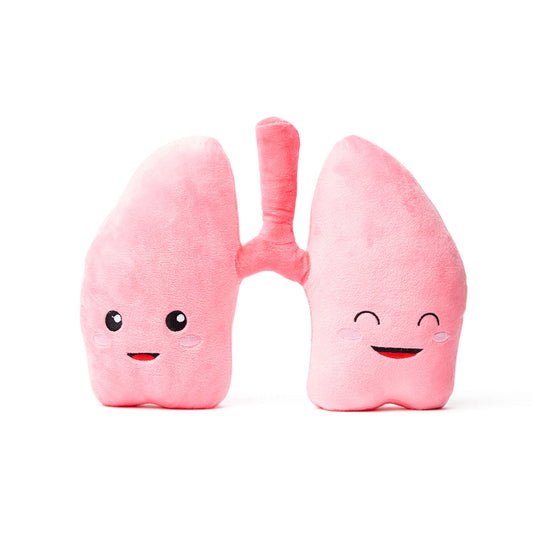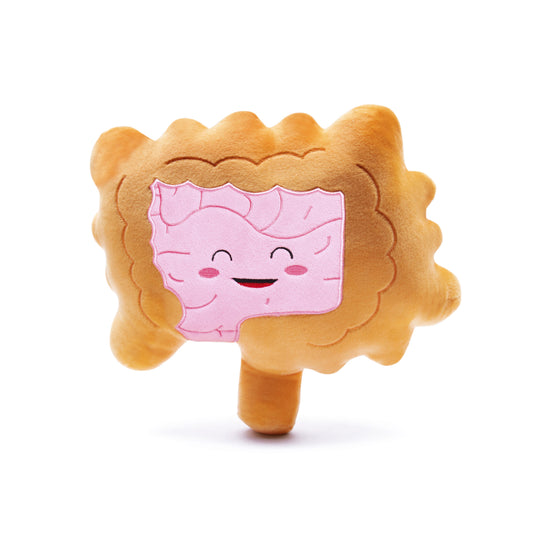
Your cart
Nerdbugs are happier together
Breast Plush Organ
Regular price
$30.00 USD
Regular price
Sale price
$30.00 USD
Unit price
per
Sold out
Brain Plush Organ
Regular price
$32.00 USD
Regular price
Sale price
$32.00 USD
Unit price
per
Breast Plush Organ
Regular price
$30.00 USD
Regular price
Sale price
$30.00 USD
Unit price
per
Eye Plush Organ
Regular price
$30.00 USD
Regular price
Sale price
$30.00 USD
Unit price
per
Gallbladder Plush Organ
Regular price
$30.00 USD
Regular price
Sale price
$30.00 USD
Unit price
per
Heart Plush Organ
Regular price
$34.00 USD
Regular price
Sale price
$34.00 USD
Unit price
per
Kidney Plush Organ
Regular price
$32.00 USD
Regular price
Sale price
$32.00 USD
Unit price
per
Liver Plush Organ
Regular price
$30.00 USD
Regular price
Sale price
$30.00 USD
Unit price
per
Lung Plush Organ
Regular price
$32.00 USD
Regular price
Sale price
$32.00 USD
Unit price
per
Intestines Plush Organ
Regular price
$32.00 USD
Regular price
Sale price
$32.00 USD
Unit price
per








